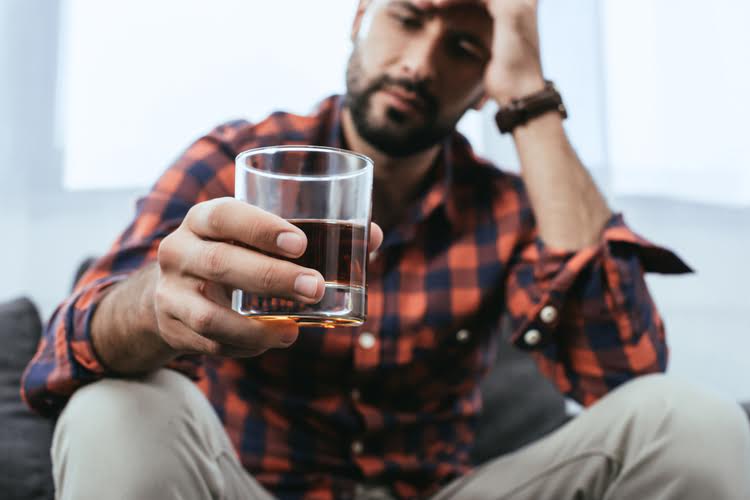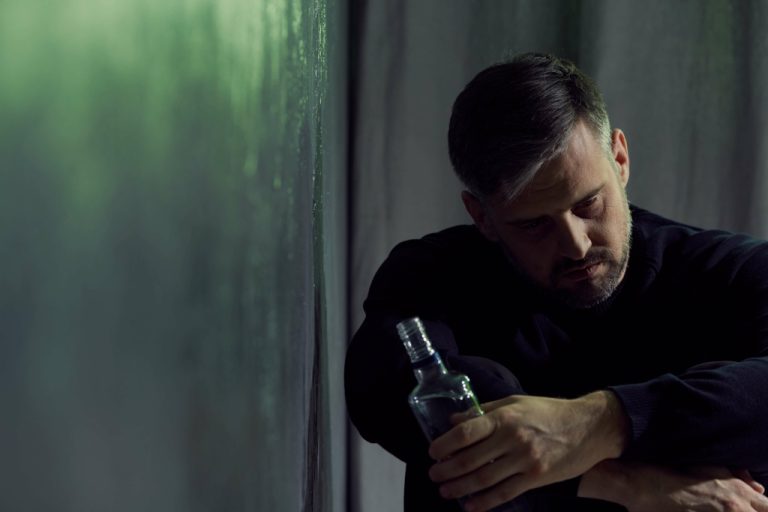People new to recovery can find themselves approaching their new diet, exercise program, job, and even participation in support groups with a compulsion that echoes addiction. Now that you are sober, you may have discovered that some of your past relationships were not only unhealthy but downright toxic. It’s not just your drinking buddies and drug dealers who can get you into trouble—sometimes those who are closest to you can contribute to a relapse. The more tools you have for identifying triggers, coping with stress, and managing your new sober life, the easier you’ll prevent relapse. If you need help or feel like you could be on the cusp of a relapse, remember that addiction is a chronic disease.
What Happens to Your Body When You Stop Drinking?

If they are in an uncontrollable state then get in touch with us and we can advise you on the best course of action. Recovering from alcohol can be such a alcoholism difficult process and so even a minor relapse can feel like a major defeat. Long-term recovery is a journey and like all journeys, there are often setbacks and obstacles to overcome. The important thing is to understand why relapses occur and not allow the voice of addiction to creep back in and undermine the incredible progress that has been made.
Finding the Right Support to Achieve Your Alcohol Recovery Goals

Genetics can play a significant role in the development of alcohol use disorder, with variations in many genes increasing the risk. For example, alcohol dehydrogenase 1B (ADH1B) and aldehyde dehydrogenase 2 (ALDH2) are known to be linked to alcohol consumption and alcoholism. Understanding these genetic factors can help individuals make informed decisions to stop drinking alcohol. Acknowledging and celebrating the hard work of recovery is helpful for keeping you motivated and reminding you why you took this brave step toward sobriety in the first place.
- One of the best things you can do to avoid alcohol relapse is to create an environment that is conducive to sobriety.
- There are plenty of ways to enjoy social situations involving alcohol without drinking.
- Are there people who, after a serious alcohol addiction, started drinking only on holidays?
- It will teach you how to have fun every day without the aid of drugs or alcohol.
Find Help for an Alcoholic Relapse at Muse Treatment
These approaches work together to help people break old patterns and find new coping methods. Therapy isn’t just about not drinking; it’s about learning to live differently. It teaches healthier communication, problem-solving, and emotional control. These tools make everyday challenges easier to manage without alcohol. The support of trained therapists helps people stay on track even after rehab, proving that recovery is possible. Going from an alcohol dependency to not drinking at all can seem like a significant obstacle for those seeking help.
- You don’t have to do anything today if you don’t want to, but at some point, you will have to figure out what makes you tick and then go do that.
- For many, it’s not about missing out on alcohol but about protecting progress and avoiding relapse.
- They go on to estimate that 80% of these drinkers run the risk of experiencing withdrawal symptoms after they quit drinking.
Just follow this link to contact a counselor today and start talking about drinking again after sobriety how you can start changing your life. It does not need to impact your friends, family and career. You can live a full life without alcohol starting right now by checking into rehab.
It’s particularly therapeutic to find something to do with your hands. Remember, it’s not that sobriety is terrible, but that your brain is https://tungstenroyce.com/how-long-do-the-different-drugs-stay-in-your trying to grapple with the sudden loss of dopamine. But it’s comforting to know that you don’t have figure it out on your own.

How to Stay Sober
However, research has proven that this route is the best solution for long-term sobriety. In a recent study on abstinence versus moderation, recovering alcoholics focused on their recovery counseling longer and reported a higher quality of life when practicing abstinence. With these findings in mind, it’s healthier to remain alcohol-free. For many alcoholics, the notion of “one drink” is a slippery slope that can lead to a full-blown relapse. Due to the changes in brain chemistry caused by addiction, even a single drink can trigger a return to destructive drinking patterns. This is why many experts and alcohol support groups advocate for complete abstinence from alcohol.